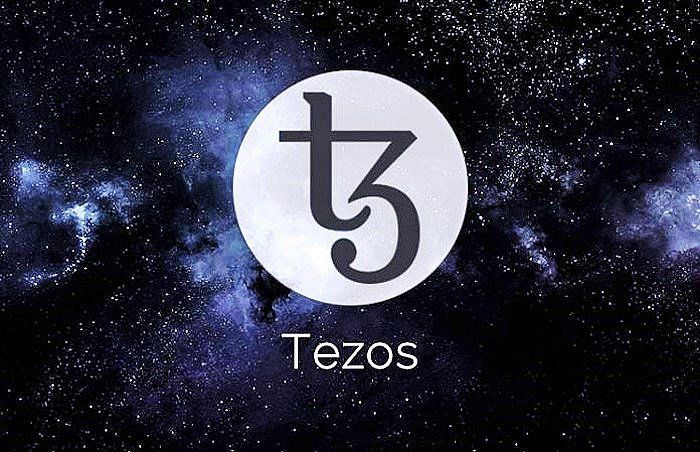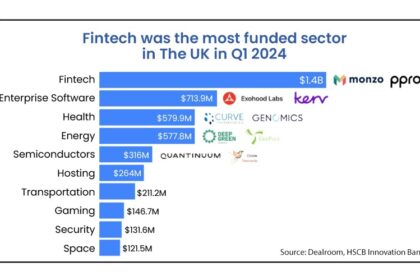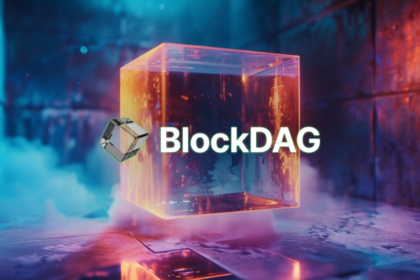In the rapidly evolving world of blockchain technology, Tezos (XTZ) stands out as a unique and innovative platform. Known for its self-amending capabilities and focus on security, Tezos offers a robust solution for decentralized applications and smart contracts. This blog post aims to delve into the technology behind Tezos (XTZ), exploring its key features and advantages. By the end, you’ll have a clear understanding of why Tezos is considered a game-changer in the blockchain space. Modern-day investment educational firms similar to this website named Matrixator can help inventors to grasp the concepts related to investing. Learn more now!
What is Tezos?
Tezos is a decentralized blockchain platform that facilitates smart contracts and decentralized applications (dApps). Unlike many other blockchain platforms, Tezos is designed to evolve over time through its unique on-chain governance and self-amending protocol. This means that Tezos can upgrade itself without the need for hard forks, which are often contentious and disruptive in other blockchain communities.
Key Features of Tezos
- Self-Amending Blockchain: One of the most significant innovations of Tezos is its self-amending capability. This feature allows the blockchain to upgrade itself through an on-chain governance process, ensuring that the network can evolve and adapt to new technologies and needs without disruptive splits.
- On-Chain Governance: Tezos employs an on-chain governance mechanism that allows stakeholders to participate in the decision-making process. Token holders can vote on proposals for protocol upgrades, which are then implemented automatically if approved. This democratic approach ensures that all stakeholders have a say in the platform’s evolution.
- Proof-of-Stake (PoS) Consensus: Tezos uses a Proof-of-Stake consensus mechanism, which is more energy-efficient compared to the traditional Proof-of-Work (PoW) used by Bitcoin. In Tezos, validators (known as bakers) are chosen to create new blocks and validate transactions based on the number of tokens they hold and are willing to “stake” as collateral.
- Formal Verification: Tezos emphasizes security through formal verification, a process that mathematically proves the correctness of smart contracts. This reduces the risk of bugs and vulnerabilities, making Tezos an attractive platform for applications where security is paramount.
How Does Tezos Work?
Self-Amendment Process
The self-amendment process in Tezos is a key innovation that sets it apart from other blockchains. Here’s how it works:
- Proposal: Developers submit proposals for protocol upgrades, which include changes to the blockchain’s code.
- Voting: Tezos token holders review and vote on these proposals. This process is divided into several phases to ensure thorough evaluation and community consensus.
- Adoption: If a proposal receives enough support, it is adopted, and the blockchain updates itself without requiring a hard fork. This seamless upgrade process ensures the continuous improvement of the platform.
On-Chain Governance
On-chain governance is central to the Tezos ecosystem. It empowers the community to make decisions about the platform’s future. Token holders can participate directly in the governance process by:
- Voting: Stakeholders vote on proposals for changes and upgrades.
- Delegation: Token holders who do not wish to vote directly can delegate their voting rights to others, known as bakers, who vote on their behalf.
This system of governance ensures that the Tezos platform remains decentralized and democratic, with changes driven by community consensus.
- The Potential of Tezos: Understanding its Purpose and Applications
- The Art of Timing: How Frequently Does Tezos Distribute Rewards?
Proof-of-Stake Consensus
The Proof-of-Stake (PoS) consensus mechanism used by Tezos has several advantages:
- Energy Efficiency: PoS requires significantly less energy compared to PoW, making Tezos more environmentally friendly.
- Security: Validators, or bakers, are financially incentivized to act honestly. If they attempt to cheat the system, they risk losing their staked tokens.
- Decentralization: PoS encourages a wide distribution of tokens among many holders, enhancing the decentralization and security of the network.
Formal Verification
Formal verification is a process that uses mathematical proofs to verify the correctness of smart contracts. This ensures that the code behaves as intended and is free from common vulnerabilities. Tezos supports formal verification through its smart contract language, Michelson, which is designed to facilitate the creation of secure and reliable contracts.
The Advantages of Tezos
Tezos (XTZ) offers several advantages that make it a compelling choice for developers and businesses:
- Upgradeability: The self-amending feature allows Tezos to evolve seamlessly, reducing the risk of hard forks and ensuring continuous improvement.
- Security: With formal verification and a robust PoS consensus mechanism, Tezos provides a highly secure platform for smart contracts and dApps.
- Community Governance: The on-chain governance model ensures that all stakeholders have a voice in the platform’s evolution, promoting a decentralized and democratic ecosystem.
- Environmental Sustainability: The PoS mechanism is energy-efficient, making Tezos a greener alternative to PoW-based blockchains.
Conclusion
Tezos (XTZ) stands out as a forward-thinking blockchain platform with its unique self-amending capability, on-chain governance, and focus on security through formal verification. These features make Tezos an attractive option for developers, businesses, and investors looking for a robust, secure, and adaptable blockchain solution. By understanding the technology behind Tezos, we can appreciate its potential to drive innovation and transform the blockchain landscape.
Disclaimer: This is promotional marketing content. The presented material by no means represents any financial advice or promotion. Be sure to research and acknowledge the possible risks before using the service of any trading platform.








